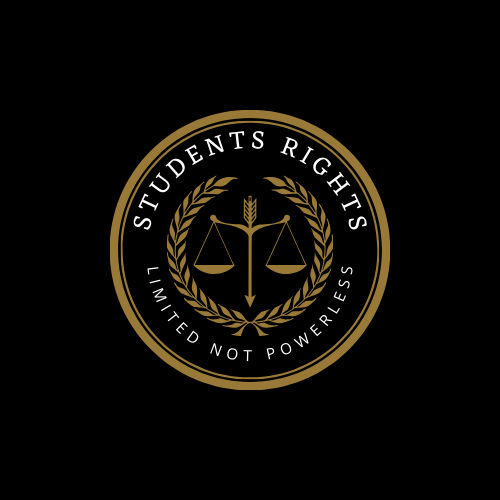Many students believe the rights we are entitled to as citizens apply in school just as they do in public spaces, but that’s not always the case. Schools operate under their own legal standards that allow administrators to limit students’ rights in order to maintain order and safety. By understanding your rights and limitations as a student, you are empowering yourself to make informed decisions to preserve your legality.
In public spaces, an officer must observe probable cause or request a warrant after providing sufficient evidence to a magistrate before searching someone or something. A common misconception is that these rights extend to school grounds. Instead of requiring probable cause, which consists of having solid evidence that someone has broken the law, school officials only need reasonable suspicion to search a student. Reasonable suspicion consists of signs or facts that lead the position of authority to believe that said student has broken or might have broken the school’s rules. For example, if an administrator is led to believe a student has marijuana on their person, they are legally allowed to search the student without obtaining consent from the student or the student’s parent.
If a vehicle is subject to search, the school will ask the student to unlock their car. If the student refuses to unlock the car, the administrator will contact the student’s parents. If the parents do not permit the vehicle to be searched, the school will contact local law enforcement and turn the matter over to them.
Random students grade 7th-12th who participate in school-sponsored extracurricular activities or park on campus are subject to being drug tested. Consent is given by the student when purchasing a parking space or registering for extracurricular activities. The school board states the primary purpose of this program is to prevent the use of illegal and performance-enhancing drugs. The results of the test will only be used for determining eligibility for extracurricular participation, driving privileges, and even prom eligibility. The school will only disclose the results to the students’ parents and the student. The results will not impose academic penalties and consequences only go as far as temporary suspension of extracurriculars and notification of guardians.
Know Your Rights: Student Edition

